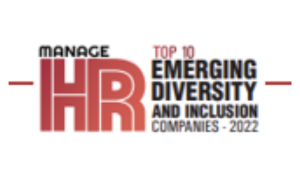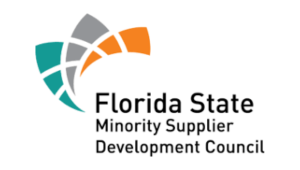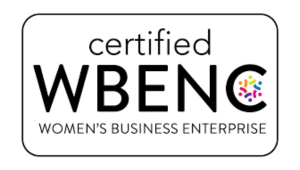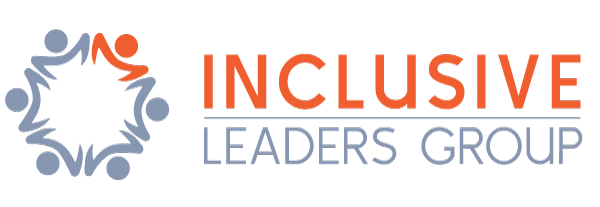Geopolitical, economic, and major event disruptions like the pandemic have left continuing impacts on the workforce. Many industries continue to feel the loss of talent from the Great Resignation —approximately four million workers continue to quit their jobs monthly. Roughly 29% of employees departed voluntarily, a 36% increase year-over-year.
Why Inclusion Matters in Talent Attraction and Retention
Talent has the upper hand in today’s job market, and companies need to work hard to attract top candidates. One way to do this is by creating a diverse, equitable, and inclusive workplace that values and respects all employees. A company’s reputation for supporting inclusion can be a significant factor in attracting top talent who want to work for a company that shares their values.
Moreover, when a company has an inclusive workforce, it can better connect with a broader range of customers, understand their needs, and offer solutions that are inclusive and reflective of diverse perspectives. This connection is especially important in today’s global marketplace, where customers expect to be seen and understood.
Inclusion also affects retention in a major way by creating a workplace that is welcoming to all employees and fostering a sense of belonging that boosts engagement, group cohesion, motivation, commitment, and employee satisfaction. It also supports a positive employee experience, which increases employee satisfaction. Employee satisfaction is linked to employee experience, so organizations that want to avoid the costs associated with high turnover should focus their recruiting and retention efforts on DEI policies that support a positive employee experience and a high degree of employee satisfaction.
One of the ways organizations can do this is through a diversity, equity, and inclusion (DEI) assessment.
Attract and Retain Top Talent with Inclusion Assessment
Inclusive Leaders Group advises clients if you want to create a workplace where workers are engaged and fulfilled in the long term, you need to create a culture where people want to work. And those workers want to work in diverse, equitable, and inclusive spaces that make them feel like they’re part of the team.
Our DEI Assessment solution is an AI-powered, metrics-driven solution that starts by gathering and benchmarking data, so you understand what diversity really looks like in your organization and how that compares to your industry. We provide a simple way to track progress and conceptualize your diversity efforts — and see them grow over time — using comparable metrics. Additionally we can give you customized ideas for improving your DEI efforts and a host of additional solutions can help you every step of the way on your journey.
What is a DEI Assessment?
At Inclusive Leaders Group, a DEI assessment — also known as a DEI audit — is the process of collecting data to understand how your organization is performing in terms of diversity, equity, inclusion, and ideally, belonging. It evaluates how well a company is supporting DEI through its policies, practices, and culture, helping to identify key strengths and areas for improvement.
A DEI assessment is an essential first step in building your wider DEI strategy because it gives you a data-driven baseline for exactly where you are on your journey, where to focus your efforts, and how to set meaningful goals that align with your organization’s unique size, stage, context, and culture.
What Are the Goals of a DEI Assessment for Attracting and Retaining Talent?
Meaningful progress on attracting and retaining talent can’t happen without action. That’s why the core goal of any DEI assessment is to create a series of next steps and goals based on your unique data that will help you make impactful, sustainable changes across your organization.
Briefly, the goals of a DEI assessment for improving talent management are to:
- Establish a data-driven baseline for how your organization is performing on DEI
- Highlight what you’re already doing well
- Identify your key barriers to making progress
- Point to the most impactful next steps
- Inform your DEI strategy and decision-making to help you better allocate resources and budget to solve key talent challenges such as recruiting and retention
Final Thoughts
No two organizations are exactly the same. And although your organization’s key talent management challenges may feel similar to another company in your space, your path forward is likely to be vastly different once you actually take an in-depth look at your data collected via a DEI assessment. Running a DEI assessment can help you understand this point of difference, and lead to easier prioritization and more impactful talent acquisition and retention initiatives.
References
- Diversity wins: How inclusion matters. McKinsey & Company, May 19, 2020
- Build trust in diversity, equity, and inclusion commitment, Deloitte, January 19, 2022
- Elevating Employee Experience through Diversity, Equity, and Inclusion, Deloitte, February 2023








